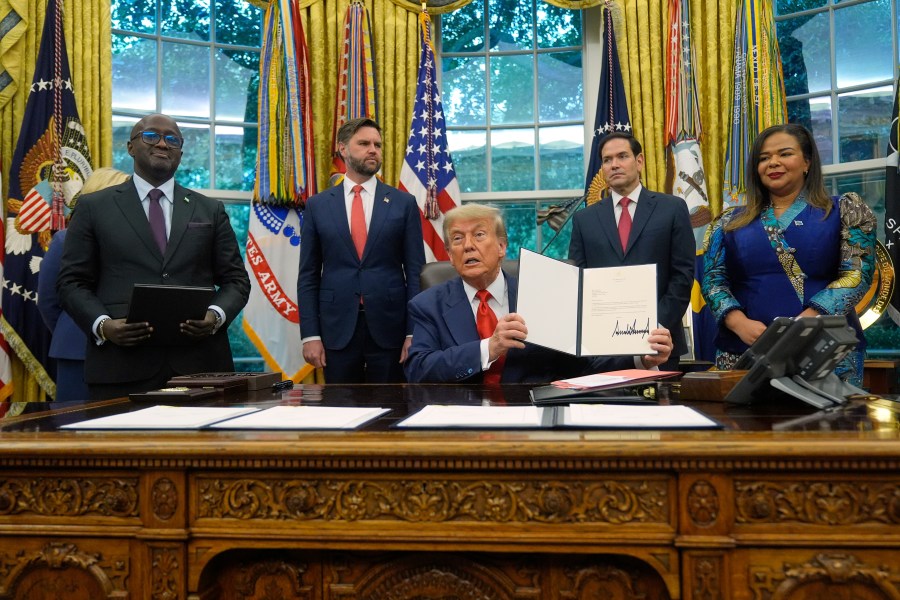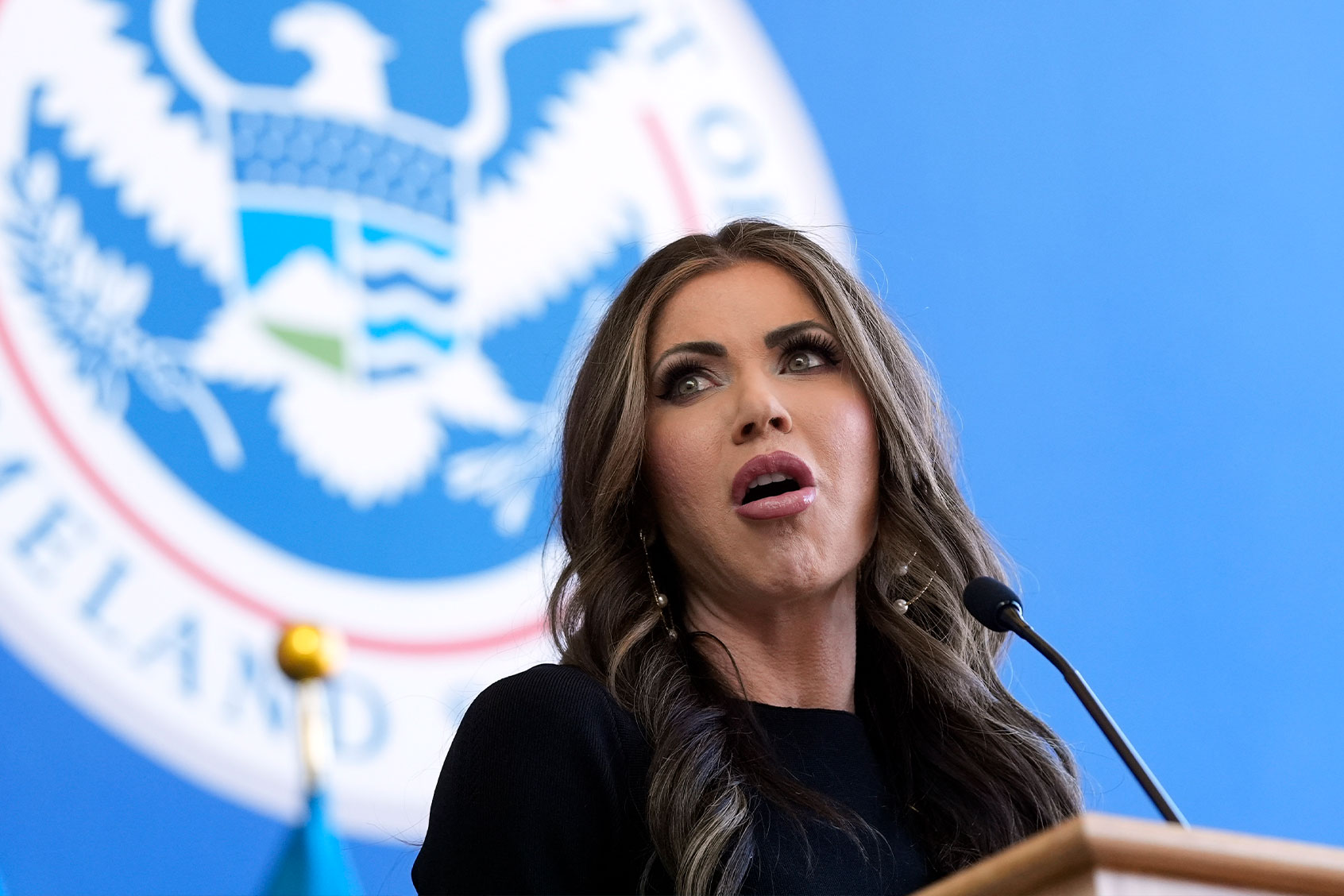
The peace deal initiated by President Donald Trump in the Central African region is facing significant challenges that could jeopardize its success. The administration has highlighted progress in the Democratic Republic of the Congo (DRC) but now must intensify its efforts to ensure the agreement’s viability, particularly in the Central African Republic (CAR).
The peace initiative, designed to address long-standing conflicts in the region, has seen some positive developments since its inception. However, recent reports indicate that without more robust support from the U.S. government, the fragile gains made could easily unravel. For this deal to succeed, immediate action is essential.
Current Status of the Peace Deal
The administration has touted achievements such as reduced violence in certain areas and increased cooperation among local factions. Yet, according to sources familiar with the situation, ongoing tensions between armed groups in the CAR threaten to undermine these advancements. The United Nations has noted a spike in clashes, raising alarms about the stability of the region.
Additionally, the African Union has called for increased international involvement to maintain peace and security. $1 billion in promised funding from various nations has yet to be fully realized, leaving gaps in support for the peacekeeping efforts. Without this financial backing, the sustainable progress in the DRC and CAR may be at risk.
Calls for U.S. Leadership
Experts argue that the U.S. must take a more active role in the peace process. Many believe that a stronger diplomatic push could rally other nations to contribute resources and support. The current administration needs to leverage its influence and commitment to international stability, especially as the situation deteriorates.
In light of these developments, the urgency of the moment cannot be overstated. The peace deal, while promising, requires a concerted effort from all stakeholders involved. The need for diplomatic engagement and resources is critical to preserve the hard-won gains made thus far.
As the deadline for further funding approaches in March 2024, it remains to be seen whether the administration will take decisive action to safeguard this peace initiative. The implications of failure would not only affect the DRC and CAR but could also have wider repercussions for regional stability in Central Africa.
In conclusion, the time to act is now. The success of the Central African peace deal hinges on immediate and sustained intervention from the U.S. and its international partners. Without such efforts, the fragile peace may slip away, leaving countless individuals vulnerable to the turmoil that has plagued the region for years.







